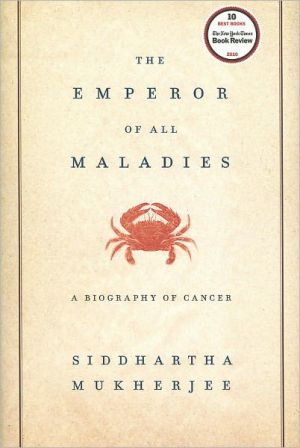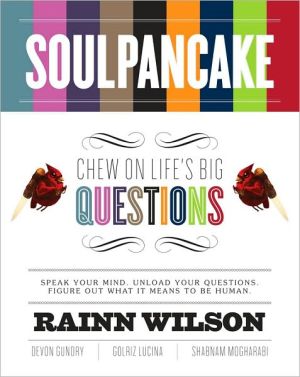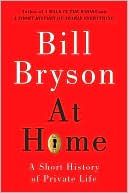The Eternal Pity: Reflections on Dying
Search in google:
Drawing upon a vast range of human experience and reflection, The Eternal Pity: Reflections on Dying demonstrates how people try to cope with the inevitability of death. Different cultures, informed by religious beliefs and sometimes desperate hope, teach people to respond to their own death and the deaths of others in modes as various as defiance, stoic resignation, and unbridled grief. In addition to examples from literature, poetry, and religious texts, Father Richard John Neuhaus provides an intensely personal account of his encounter with death through emergency cancer surgery and reflects on how that encounter has changed the way he lives. While many writers have deplored the "denial of death' in our culture, The Eternal Pity shows how themes of death and dying are nevertheless perennial and pervasive. Society may be viewed as a disorganized march of multitudes waving little banners of meaning before the threat of nonbeing that is death. Some selections in this book depict people utterly surprised by their mortality; others highlight how the whole of one's life can be a preparation for what used to be called "a good death.' For some, life is a relentless effort to hold death at bay; for others, death is, although not welcomed, reflectively anticipated. Nothing so universally defines the human condition as the fact that we shall die. The Eternal Pity helps us to understand how the prospect of death compels decisions about how we might live. Library Journal Most contemporary books on ethics deal with professional ethics or particularly thorny issues. The series of which this title is a part, "The Ethics of Everyday Life," will consider life issues most people face; this volume concerns death and dying. After a fairly lengthy introduction, in which Neuhaus (Inst. on Religion and Public Life; The Naked Public Square) movingly reflects on his own bout with cancer, the book offers 27 selections from various sources, ranging in date from ancient to modern times, each with a brief introduction. Some are religious, many are not; some are autobiographical reflections, others are poetry or fiction. On the whole they are well chosen. The book does not push one viewpoint but offers these selections for consideration. The result is a handbook for the dying--that is, every one of us. Recommended for public libraries.--Augustine J. Curley, O.S.B., Newark Abbey, NJ Copyright 2000 Cahners Business Information.








